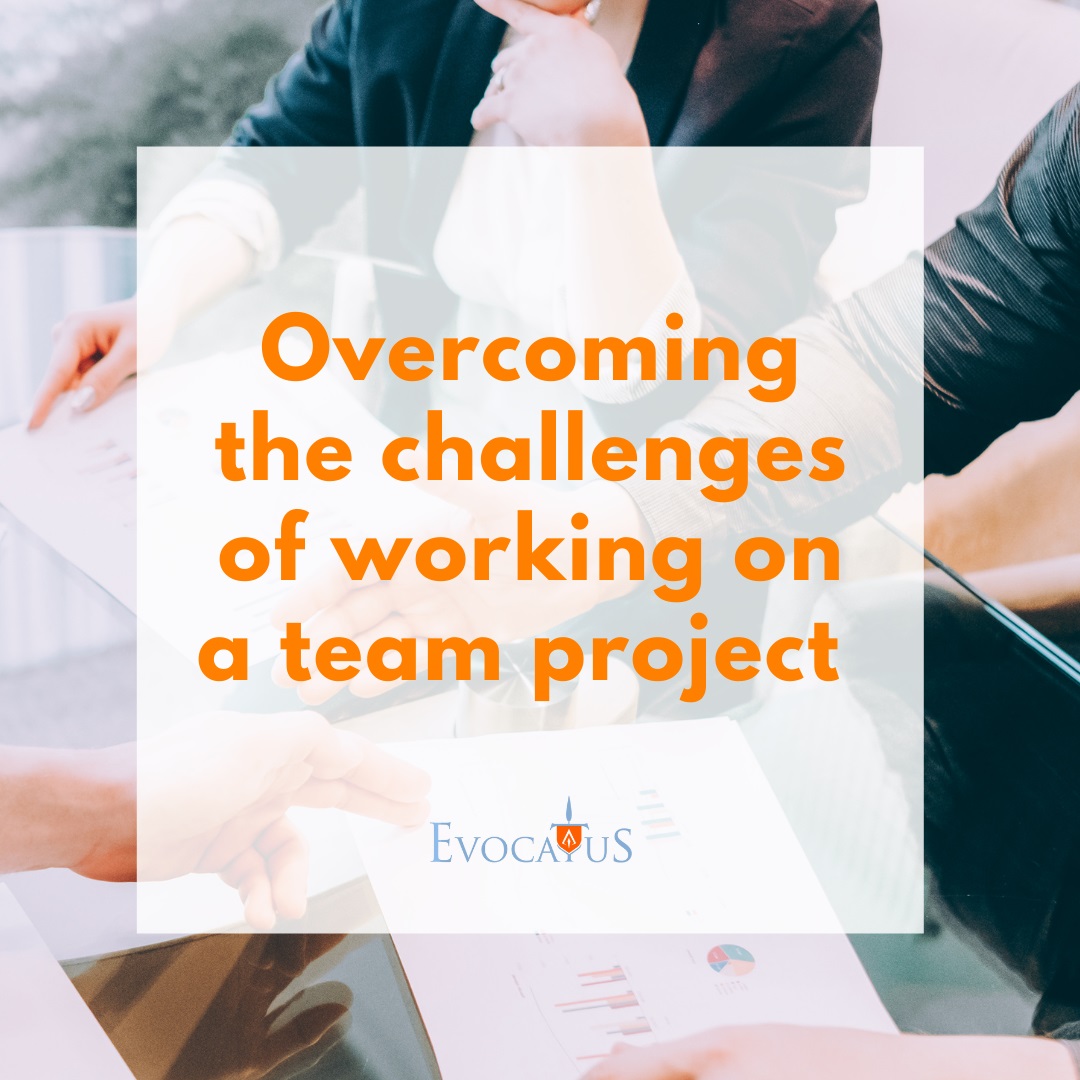
Working in teams provides obvious advantages; more people to share the work between, more perspectives and a wider pool of knowledge and skills on which to draw. With increasing scale and complexity of tasks, organisations need to form larger and more capable teams. Bringing a team together for a specific task, or augmenting an established one, presents a number of challenges.
These challenges of working on a team project can flow from the specific project, but can also be around the development and improvement of the team. Teams draw strength from diversity, in terms of both experience and capabilities, but these same differences between individuals can make it difficult to quickly develop aspects of teamwork such as mutual trust and psychological safety in newly-formed teams.
The complexity of large-scale projects causes challenges which are not always obvious. The detailed framing and shared understanding of requirements and avoiding assumptions regarding constraints and freedoms might seem straightforward, but working with dynamic tasks can make it challenging to keep up with change; multi-functional teams with a range of specialisations can struggle to maintain coherent situational awareness. Really innovative solutions can be developed from conflicting priorities and interests, but shared appetite for compromise and risk are also crucial for setting useful conditions for effective teamwork. However, there is a real balance to be found between an agreeable, team-oriented culture and one in which thinking becomes homogeneous, risking “groupthink”.
These challenges all take work and commitment from across teams if they are to be overcome, but motivating that work and commitment rapidly requires more than lectures or presentations – it requires exercises in which participants can get engaged on an emotional level and not just intellectually.
At Evocatus, we run games and exercises for a variety of purposes. We work with newly-formed teams at the start of a project, running collaborative games to explore and develop required outcomes, risks and constraints while building mutual trust and team cohesion. We also work with more established teams which are struggling with communications, empowerment across the team and problems like groupthink. By using elements of wargaming and red teaming, we create exercises designed to help practice and improve decision making, to help teams communicate better and to help leaders understand the strengths and weaknesses of their teams.
Through our practical experience leading and training military teams and through collaboration with expert psychologists specialising in decision making and teamwork, we are ideally placed to create experiences in which to coach leaders and their teams towards becoming more effective.
